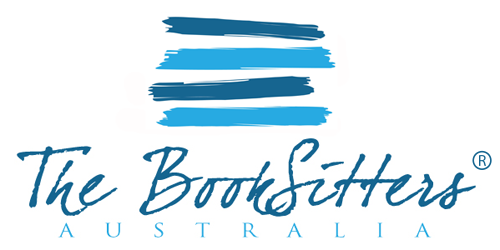Ways to run your business if you can’t open your premises
 The COVID-19 pandemic has proven challenging for many small business owners. It can be difficult to run your business remotely, especially if you’re not set up to do so! If you run a business that requires customers or clients to come to you, you might be concerned about how you can continue to operate without opening your premises.
The COVID-19 pandemic has proven challenging for many small business owners. It can be difficult to run your business remotely, especially if you’re not set up to do so! If you run a business that requires customers or clients to come to you, you might be concerned about how you can continue to operate without opening your premises.
If you have access to technology, are adaptable, and are willing to look into financial assistance, you can make it through this pandemic. Here are some ways to keep your business operational through COVID-19.
1. Offer your services online
There are many businesses that traditionally require customers to receive services in-person. These include businesses such as gyms, dance studios and retail establishments. If your business relies on customers coming to you, you may be able to use technology to continue with your small business.
Online meeting programs allow gyms to offer fitness classes and dance studios to continue their lessons with students. Counsellors can use technology to have sessions virtually (just make sure the technology you use is properly encrypted). Some services can be offered via telephone or through email.
If you own a retail store, consider opening an online storefront so customers can still buy from you. Moving online allows you to continue earning a living while helping customers and clients.
2. Modify your offerings
Many restaurants, cafes and other food establishments have changed their business to take-away or delivery only. This allows customers to still eat the food they love and provides income for the restaurant owner and staff.
Some restaurants offer curbside pickup of a limited menu, so they aren’t responsible for cooking their full menu every day. You can also offer no-contact delivery by having clients pay online or over the phone with credit card and instructing delivery drivers to leave food by the front door. Let customers know not to answer their door until the driver has left.
You don’t have to be a restaurant to offer curbside pickup. Retail establishments could allow customers to phone an order and pay for it ahead of time, then deliver the package to the curb when the customer arrives. Some retail outlets offer personal shopping online for local customers.
3. Find opportunities
Your small business may provide valuable services to people who need it during this time.
Do you run a technology company? You might consider offering online courses in using technology for people who now work remotely. The mindfulness taught during yoga classes might be beneficial for people who are feeling anxious and stressed. Yoga instructors could consider offering yoga or other mindfulness classes online.
The key to finding opportunities is to be sensitive to people’s emotions. Ask what your customers or clients are worried about about at this time and how you can help them address those concerns, from a distance.
4. Look into financial assistance
Many governments and financial institutions around the world are looking at ways to support their small business owners. These include offering grants, subsidies, loan deferrals and other financial programs aimed at small business owners.
Updates are occurring on a daily basis, so if you aren’t sure what financial assistance you are eligible for, contact us. We’ll help you to explore your options.
Final thoughts
COVID-19 has created a great deal of uncertainty for business owners. If you are adaptable, willing to try new technology, able to modify your business and willing to look into financial assistance, you will increase the likelihood that when this pandemic is over your business will still be operational.
We realise this is a difficult time for everyone, and we are here to help.
If you have any questions or are unsure of what you need to do, don’t hesitate to book a consultation with one of our bookkeepers below, or give us a call.

Our Bookkeepers
Justine Day: Southern Highlands / Bowral Bookkeeper
Amanda Graham: Southern Highlands / Bowral Bookkeeper
Petra Austing: Southern Highlands / Bowral Bookkeeper
Karin Evans: Gold Coast Bookkeeper
Pru Hall: Wollongong Bookkeeper
Jackie Short: Canberra Bookkeeper
